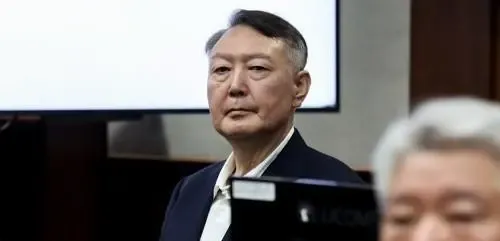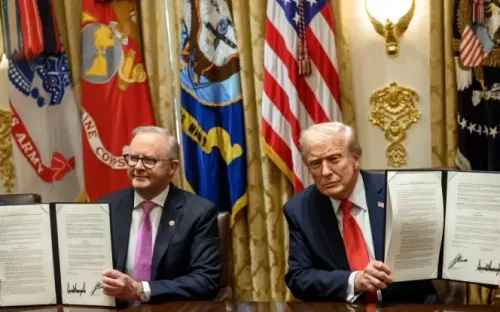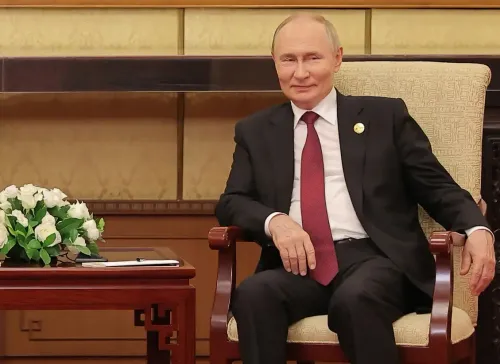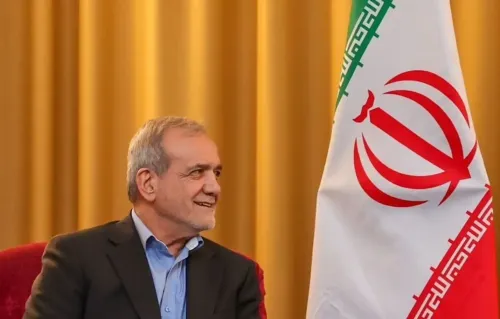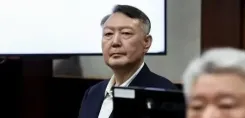Is the US Risking the Legitimization of Authoritarianism in Nuclear-armed Pakistan?
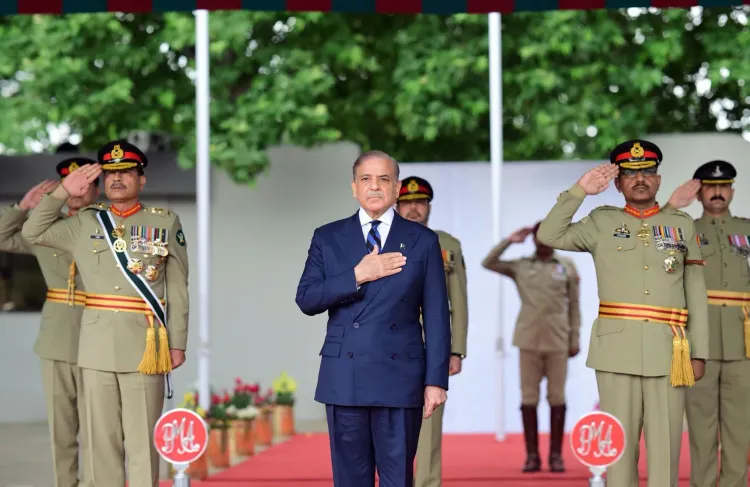
Synopsis
Key Takeaways
- The US is overlooking political repression in Pakistan.
- Military oppression of Imran Khan is leading to instability.
- US-Pakistan relations risk legitimizing authoritarianism.
- Trump's foreign policy is increasingly transactional.
- Khan's chances of freedom are diminishing.
Athens, Sep 4 (NationPress) By ignoring the current political oppression in Pakistan, the United States is discouraging democratic reform and indicating to individuals in Islamabad and beyond that suppressing political opposition no longer incurs international repercussions, a report noted on Thursday.
While Pakistani army chief Asim Munir strengthens ties with Washington, security forces persist in their assault on Imran Khan's Pakistan Tehreek-e-Insaaf (PTI) party domestically.
According to international policy analyst Marcus Andreopoulos, the military's ongoing oppression of Khan and his supporters is unsustainable and will inevitably lead to increased chaos and instability. Although engaging with the military-backed government may help Trump achieve short-term agreements, ongoing disorder and popular protests will render it impossible for the benefits of such agreements to be realized.
More critically, Washington’s readiness to overlook these issues risks validating authoritarian consolidation in a nuclear-capable nation. In its pursuit of a pragmatic short-term deal, the US is fostering a more unstable, less democratic, and ultimately less dependable ally.
The report highlights that the renewed alliance between the US and Pakistan enables Islamabad to navigate past these issues without accountability for its misuse of power, which could forebode a bleak future for democracy in the region.
Citing the positive interactions Imran Khan had with President Trump during the latter’s initial term, the report mentions that in December 2024, Richard Grenell, nominated by then-President-elect Trump for special missions, publicly supported the former Prime Minister's release, comparing the charges against him to the “false allegations” previously made against Trump.
However, upon returning to the White House, Trump has not championed the cause of his once 'very good friend' and has instead fostered much closer relations with those responsible for Khan's imprisonment. In late July, Pakistan secured a favorable tariff agreement with the US that included questionable collaboration on oil exploration within the country. This development followed months of warming relations between the US and Pakistan and is likely to have been met with disapproval from the PTI and its supporters. Instead of leveraging these tariffs to pressure the Pakistani government for Khan's release or to ensure he receives a fair trial, Trump has prioritized securing profit prospects for American firms.
Andreopoulos concluded that Trump's camaraderie with Munir has further diminished Imran Khan's chances of freedom.
Trump has indicated that his foreign policy strategy in his upcoming term will be transactional, characterized by a willingness to provide favorable terms to governments ready to share their resources and wealth with American corporations. At this moment, Sharif and Munir offer Trump more than an imprisoned Khan, who is unlikely to experience a change in his circumstances in the near future.

